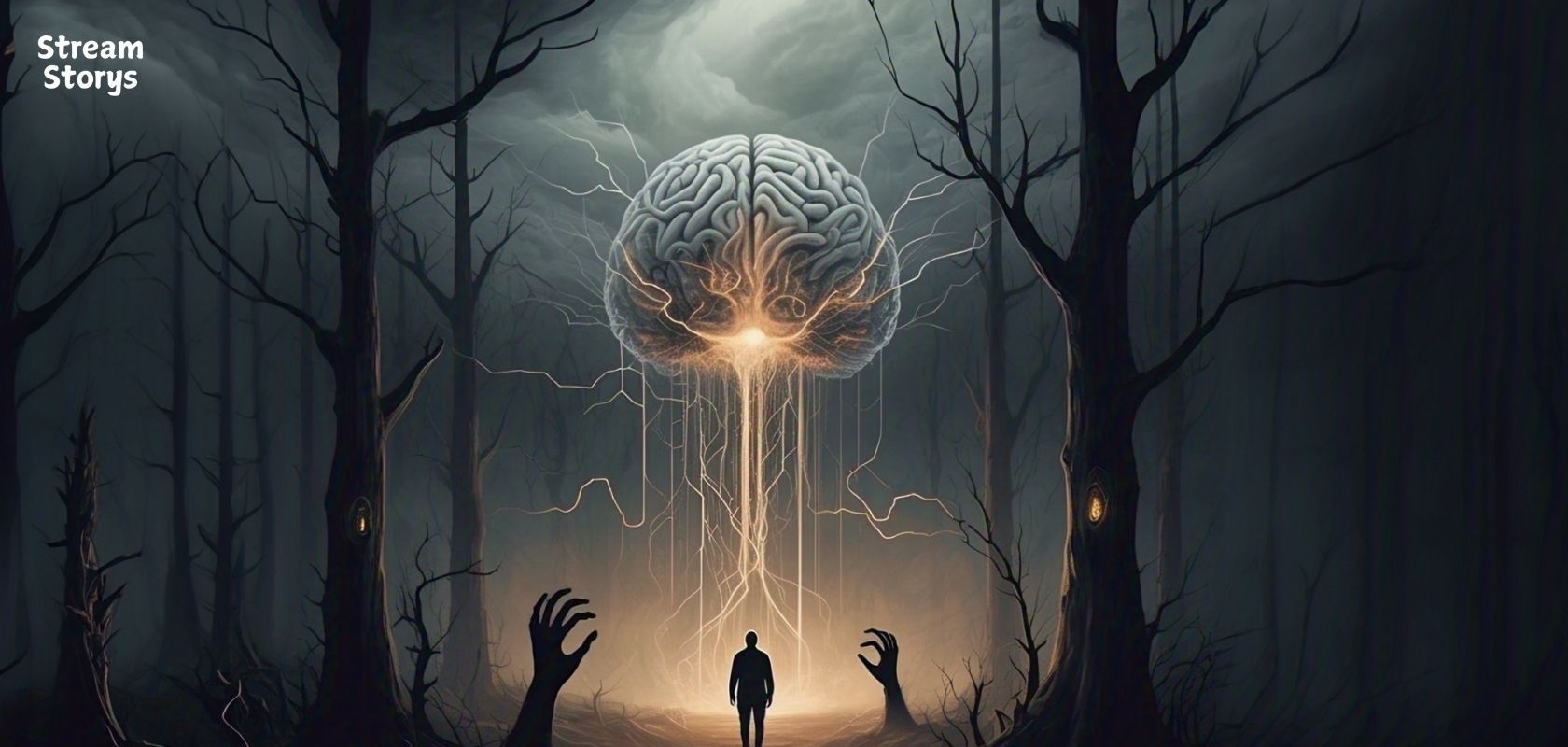
Fear
The psychology of fear is all about understanding why we feel afraid, how it affects us, and how we can deal with it. Fear is a natural response that helps protect us from danger, but sometimes, it can become irrational and stop us from doing things we want or need to do.
When we feel fear, it’s usually triggered by something that our brain perceives as a threat. This could be something physical, like a loud noise, or something psychological, like the fear of failing. The brain reacts by sending signals to the body, getting us ready to either fight the threat or run away from it (this is called the "fight or flight" response). While this reaction is useful in real danger, it can be overactive when there’s no real threat, causing unnecessary anxiety.
Fear can impact our behavior in many ways. It might cause us to avoid situations that we’re afraid of, even if those situations aren’t dangerous. For example, someone with a fear of public speaking might avoid giving presentations, even though they have the skills to do it well. Fear can also lead to physical symptoms like a racing heart, sweaty palms, or even panic attacks, which can make the fear feel even more intense.
Sometimes, fears are irrational—meaning they don’t match the actual danger. For instance, someone might be terrified of flying even though air travel is statistically very safe. These types of fears can be limiting and affect our lives in negative ways. The good news is that there are ways to overcome irrational fears.
One method is exposure therapy, where you gradually face the thing you’re afraid of in small steps. This helps your brain learn that the feared situation isn’t as dangerous as it seems. For example, if you’re afraid of dogs, you might start by looking at pictures of dogs, then watch videos of them, and eventually spend time with a calm dog in person.
Another helpful strategy is cognitive-behavioral therapy (CBT), which helps people change the negative thought patterns that fuel their fear. By learning to recognize and challenge irrational thoughts, you can start to see things more clearly and feel less afraid.
Relaxation techniques like deep breathing and mindfulness can also help manage fear. When you feel afraid, taking slow, deep breaths can calm your body’s response, making it easier to think clearly and stay in control.
In short, fear is a natural emotion, but it can become a problem when it’s irrational. By understanding how fear works and using strategies like exposure therapy, CBT, and relaxation techniques, we can take control of our fears and live more freely.
Credits
Posters : Photoshop, Meta AI, Canva. Designed by Jessi Hemanth